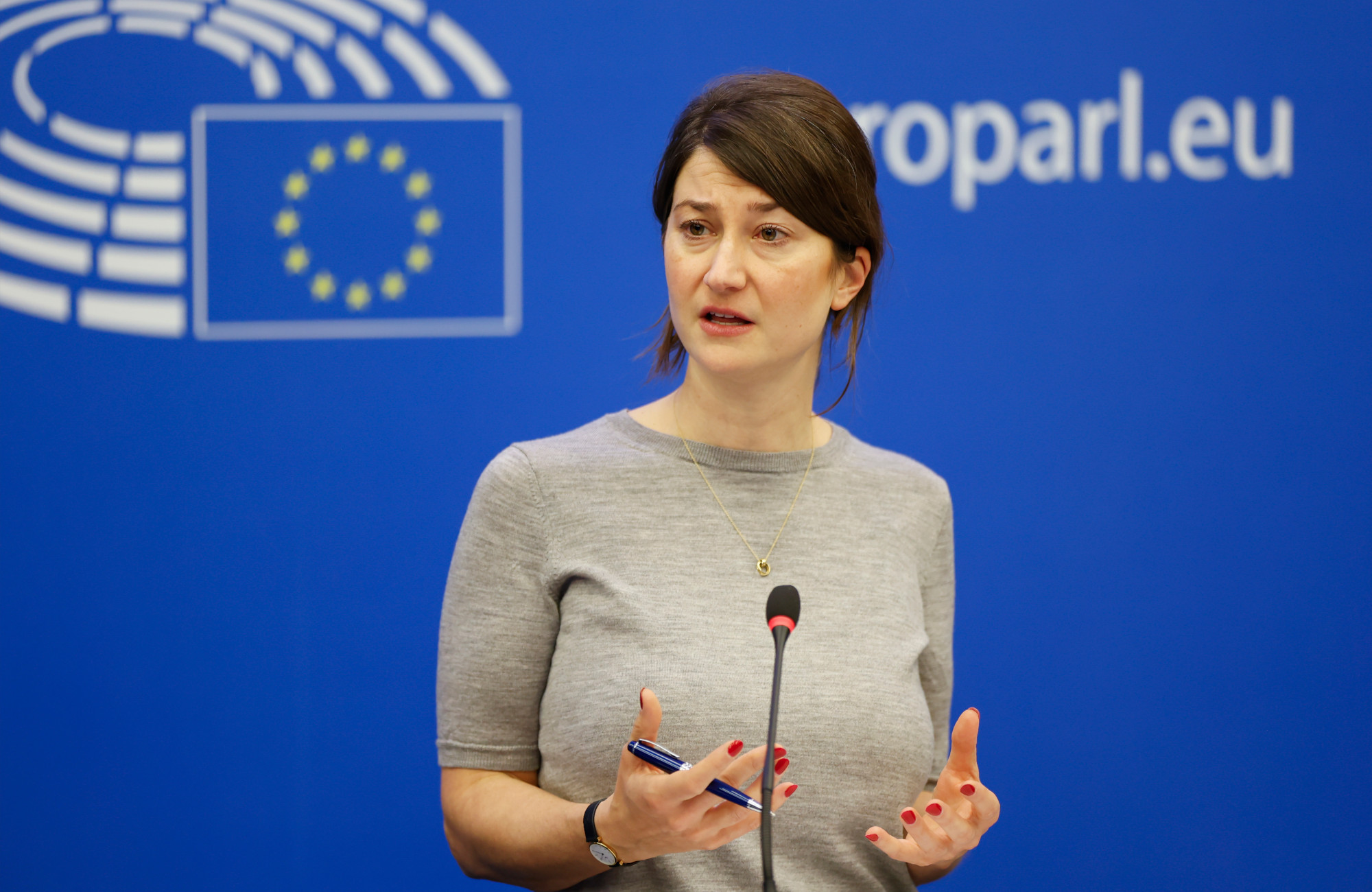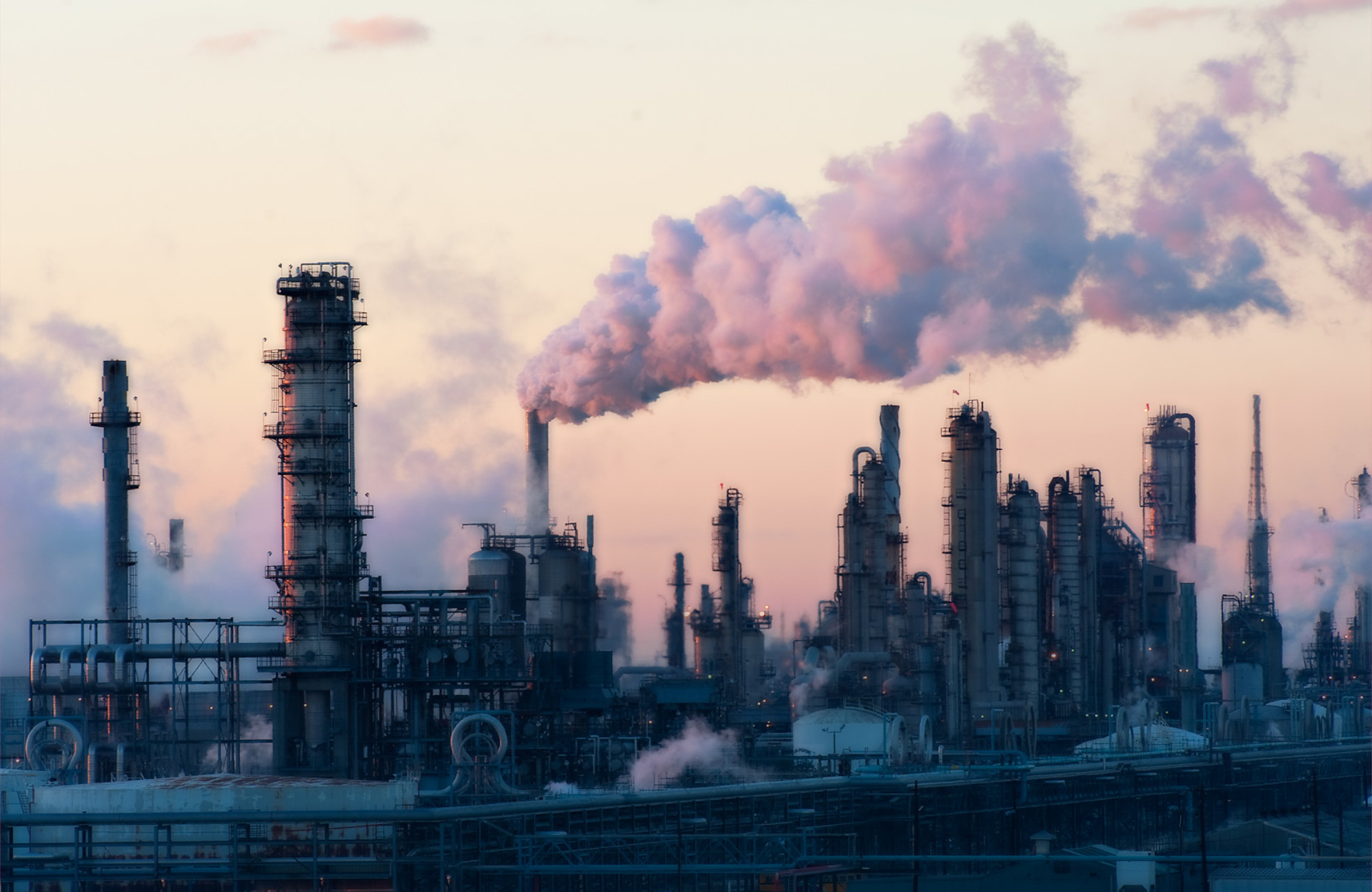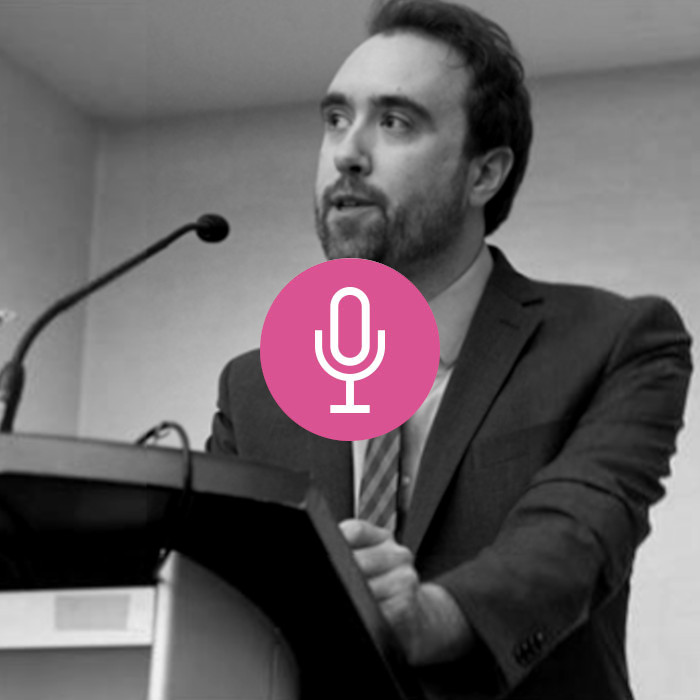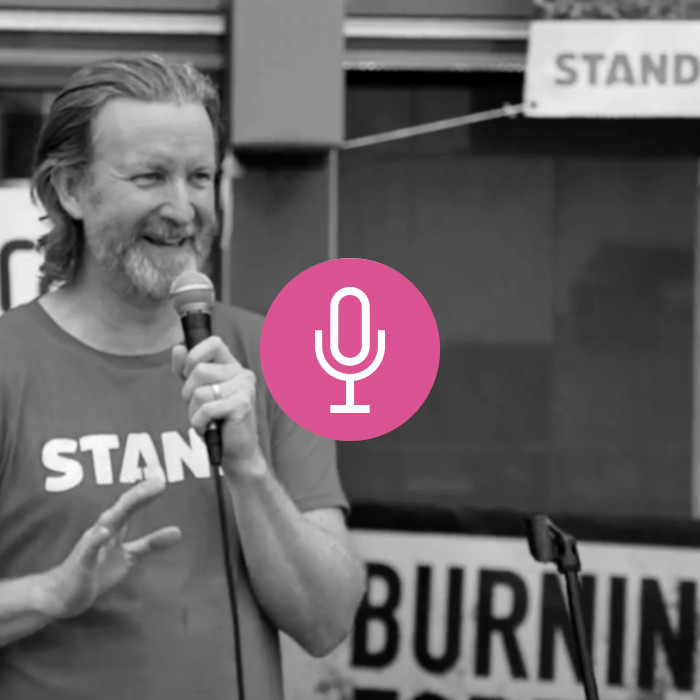On the 28th of February, the Belgian Presidency of the Council of the European Union announced that, despite their best efforts, EU Member States couldn’t summon up sufficient support for the Corporate Sustainability Due Diligence Directive (CSDDD), also known as the EU supply chain law. Several Member States, led by Germany, flipped at the last minute from backing the law to blocking it.
This legislation would overhaul how environmental and human rights abuses in supply chains are monitored and, more importantly, prevented. It offers the possibility of meaningful, long-lasting systemic change. It has already been the subject of marathon negotiations since February 2022. This makes the sudden U-turn by some member states a bitter blow for both human rights and our natural world.
The Directive proposed to introduce financial penalties for companies failing to root out environmental destruction and human rights abuses across their supply chains, fairly and transparently. It enjoys widespread support from consumers, who rightly do not want to run the risk of buying seafood caught by slaves, or beef from cattle raised on deforested land.
Leading German companies such as ALDI SUD, Bayer and Mars have backed it for the “level playing field” it would introduce, with every EU Member State using the same legal framework for keeping their imports safe, ethical and sustainable. It was also endorsed by UN officials, NGOs, trade unions, faith leaders, environmentalists and human rights experts. Despite this wave of support, it was in large part blocked by one political party making up a small proportion of the German government: the Free Democratic Party (FDP).
Even as the FDP announced its decision to oppose the law on 1st February 2024, leading German politicians from other parties tried to get it over the line. This included Foreign Minister Annalena Baerbock (of the German Greens), who pointed out Germany’s previous support, saying that “we have to stand by our word once agreement has been reached”.
The FDP forced Germany’s government into abstaining on, rather than supporting, the supply chain law – in practical terms, the same as voting no. The German government’s coalition agreement requires abstention on a vote unless there is consensus support from all three parties. Italy then decided it would follow suit, and a last-minute French government ultimatum to water down the agreed text also contributed to it failing.
One illustration of the impact of this reversal comes from the Pantanal stretching across Brazil, Paraguay and Bolivia; the world’s largest tropical wetland. It is a treasure trove of biodiversity, home to jaguars, giant river otters, and much more. It protects us all from the climate crisis by locking up vast amounts of carbon, and supports millions of people, including several Indigenous communities.
However, our investigations at the Environmental Justice Foundation have uncovered a darker side of exploitation in this irreplaceable biome. We have linked the growing cattle industry in the region to shocking human rights abuses, including forced labour and slavery. Within the states of Mato Grosso and Mato Grosso do Sul – within which the Brazilian portion of the Pantanal is entirely located – 44% of identified cases of slave labour between 1995 and 2022 took place within the cattle ranching sector. Significant amounts of the beef from the Brazilian cattle industry end up in Europe; in 2022, the bloc imported 162,748 tonnes of cattle-related products from the country.
We found that 11 out of the 31 entities we connected to slave labour were linked to one company, meatpacking giant JBS. Deliveries of cattle appear to have been made from two cattle ranches on which slave labour was present to JBS slaughterhouses. In turn, those slaughterhouses were authorised for export to the EU, meaning that the cattle raised by people suffering extreme human rights abuses could have been ending up on European supermarket shelves. In one particularly severe case, a worker we interviewed had been working on a ranch for twenty years and had never been paid a salary.
Beyond the human impacts, the intensification of ranching in the Pantanal comes at a steep environmental cost. Native vegetation is being converted to pasture quicker than ever before in the biome, with fires – often intentionally set by ranchers to clear land – sometimes spreading uncontrollably and devastating large sections of this irreplaceable habitat. In 2020, record-breaking fires in the Pantanal killed 17 million vertebrates and released more carbon than Belgium did for the year.
We used publicly available trade data to analyse the extent to which EU consumption drives land clearance, and found that if current trends continue, an area just under 6,500 football pitches in size could be wiped out every year to feed Europe.
This is just one example from one industry where human rights abuses and environmental crimes have tainted EU supply chains. The Corporate Sustainability Due Diligence Directive would have ensured that, for the first time, these companies would have been obliged to clean up their acts to keep their lucrative connections to the EU market.
Rejecting the CSDDD is a colossal mistake, and a shameful legacy for the FDP and the nations which followed their example. It is not conclusively over, as decision-makers could still agree a new compromise text before the end of the five-year EU parliamentary term in May. In theory, the law could be voted on during any meeting of the Committee of Permanent Representatives, who are next set to meet on Friday 15th March.
However, with elections looming in June 2024, this is a major setback for legislation that had already been comprehensively debated and agreed. Now, for the legislation to possibly pass, it would rely on the text of the legislation changing significantly to satisfy all Member States. EU lawmakers can and must now pick it back up, adopt it, and finally stand up for consumers, for businesses, for people everywhere and for the natural world.
Steve Trent is the Founder and CEO of the Environmental Justice Foundation, a charity that works internationally to inform policy and drive reforms on environmental and human rights issues.
Further reading:

- Opinion
- By Hannah Storey and Alysha Khambay
- 14 July, 2023






